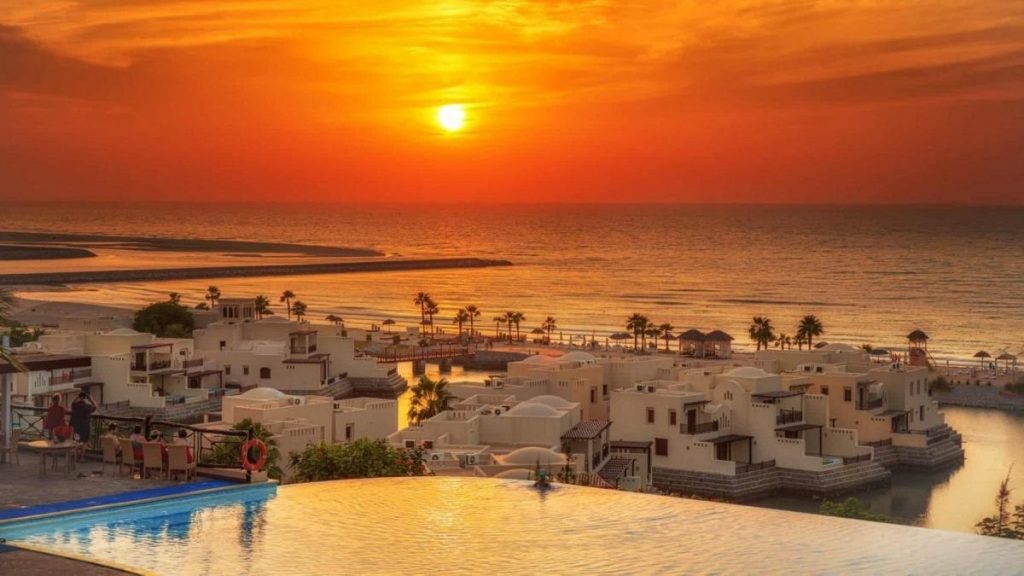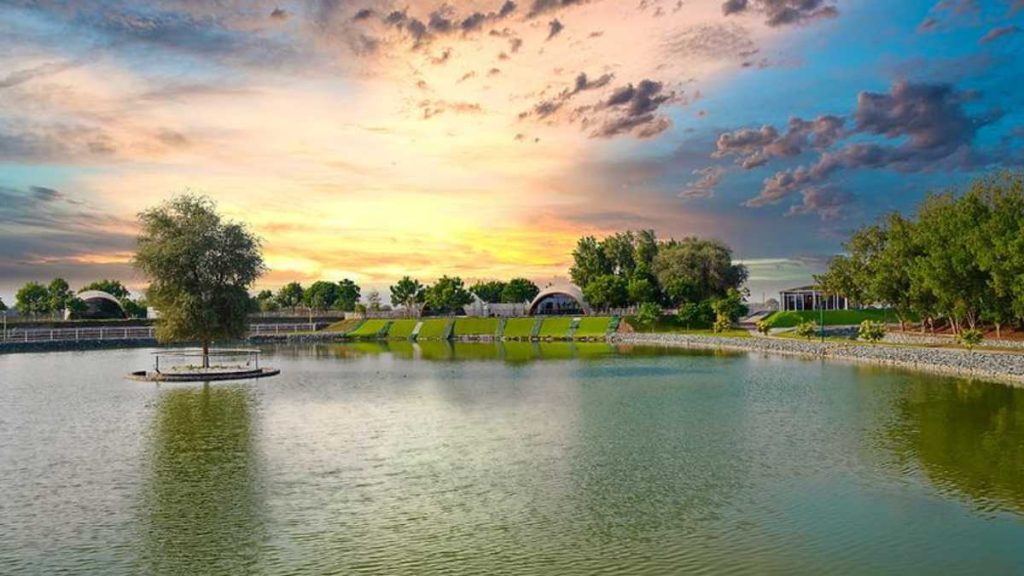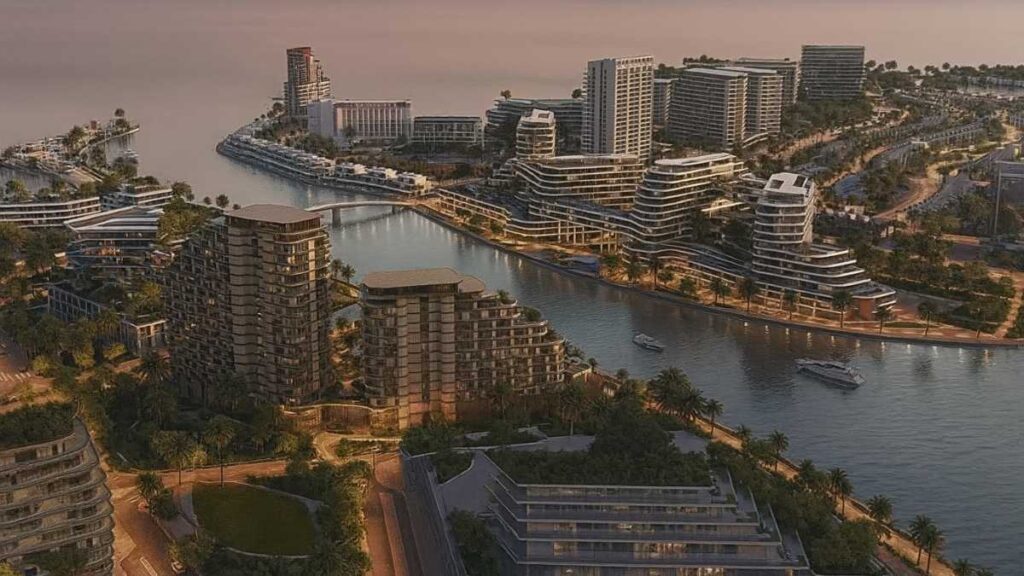So you viewed a property, immediately fell in love with it, and now you can’t imagine living elsewhere. This often happens after spending hours sifting through dreadful listings in the same rent price range, so it’s easy to let your excitement get the best of you and rush into a contract without thinking twice.
However, as confident as you are that there’s nothing else as good out there, you need to pause, assess the property thoroughly and ask yourself (and your real estate agent) a few critical questions.
Top 8 Questions to Ask Before Signing a Rental Contract in Dubai
Properties for rent in Dubai are aplenty, so use this extensive list of questions to find the right one.
1. Where is it located?
It might be the most beautiful apartment or villa in the world, but if it adds an hour to your commute, it may not be worth it. Other questions regarding location are: Is it in a safe neighbourhood? Are there good schools nearby? What is the public transportation situation? Are you close to any hospitals? What kind of establishments and amenities are in the area, like restaurants, supermarkets, gyms, barbershops, or gas stations?
Take your time and develop a list of places and services you’d like to have in your neighbourhood. You can also walk around on weekdays and weekends to gauge the area’s noise level and general vibe.
2. How much is the rent?
Start with a clear estimate of what you’re willing to pay for rent each month, but if you can’t find anything within your range, you may want to increase your budget a bit. However, don’t convince yourself you can afford something clearly out of reach. Remember, this is an ongoing expense, so set a limit and stick to it.
There might also be a bump in your rent after you become a tenant. Only a few people know that in Dubai, the increase in rent cost is controlled by the Dubai Real Estate Regulatory Agency (RERA) rental index rather than the property owner. The landlord must give a 90-day notice period before the contract renewal. As a tenant, you can either agree to the proposed rent increase or refuse it by notifying the landlord 60 days before the contract’s renewal date.

3. What does the rent include?
Some rents cover utilities and other amenities, while others don’t. You’ll be expected to pay for utilities like electricity and Wi-Fi in most Dubai buildings. You might also be asked to pay for extras such as parking spots, gym access or cleaning services if that’s part of your contract, so be sure to clarify what’s included and what is not before signing it.
Also, in Dubai, where the climate is mostly hot all year round, air-conditioning or a chiller is something you can’t go without. Check if the property covers the cost of AC usage, or you’ll be the one footing the bill. If you’re lucky enough to land an apartment in a free-chiller building, you can save a lot, especially in the summer. But if not, ask if you can get a reduction in the rent cost since you’ll be paying the AC charge.
4. What is the condition of the property?
It’s hard to tell the state of a property just by looking at it, so take your time and examine it thoroughly as if you were buying it. Are there any signs of mould or dampness? Is an AC upgrade due? Is the paint peeling off? Does the plumbing system work properly?
Bring up these issues with the property owner and ask if they can be fixed before you move in. You might also do well to document the property’s condition in a detailed report and have both parties sign it before you rent the place.
5. Who pays for maintenance and repairs?
Your tenancy contract should clearly outline what maintenance costs you’re expected to pay because it might spare you a lot of headaches and arguments with your landlord. Typically, any repair and maintenance costs less than AED 500 are the tenant’s responsibility, while anything more than that falls on the landlord.
That said, as a tenant, you should try to keep the property in good condition and tend to minor wear and tear as soon as you notice them, lest you be liable for any damages once you decide to leave and have to forfeit your security deposit.

6. How much is the safety deposit, and how do you get it back?
In Dubai, landlords generally ask tenants to pay a security deposit of 5% of the annual rent if the property is unfurnished and 10% if it’s furnished. When you start your lease, you pay this upfront and collect it fully or partially when you move out. Your contract should clearly state how long it takes to get your deposit back once the lease is up and in which scenarios there might be a deduction.
7. How long is the tenancy period?
The lease length is one of the most important details in your rental agreement. A standard tenancy length for apartments in Dubai is one year. This is a renewable term, and if you continue to stay in the property, the contract term automatically renews for the same duration or one year, whichever is lower.
So, if you are a first-time renter in Dubai, make sure you know the duration of the contract and if it’s something you can live with.
8. Is the building pet-friendly?
Many landlords have a no-pets policy for many reasons, so If you happen to be a pet parent, ensure your landlord is on board with your furry companion staying with you.
Smart Renting in Dubai
Moving is stressful enough as it is; add a house hunt to the mix, and it can get pretty overwhelming. To snag the best place for your budget and lifestyle, outline your criteria, set realistic expectations, start your search before your moving date, and ask the right questions. Before you know it, you’ll be on the doorstep of your new home.








